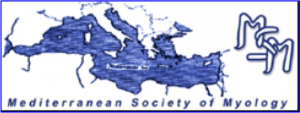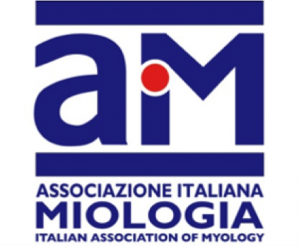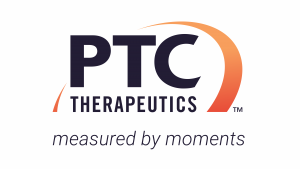Duchenne’s muscular dystrophy (DMD) is an X-linked neuromuscular disorder caused by deletions (75%), duplications (15-20%) and point mutations (5-10%) in the dystrophin gene. Among the latter, stop-codon point mutations are rare. Female carriers of dystrophin gene mutations are usually asymptomatic as they are “protected” by the second X-chromosome, which produces a normal dystrophin protein. However, about 8-10% of them can present symptoms that set the clinical picture of the manifesting or symptomatic carrier. Although no causative cure there is for DMD, therapies are available to slow the decline of muscle weakness and delay the onset of heart and respiratory involvement. However, there is limited data in the literature documenting the treatment of symptomatic carriers, often entrusted to the sensitivity of individual doctors. In this paper, we report the follow-up outcomes of four European symptomatic nmDMD carriers treated with ataluren, overall followed for 193 months. Annual assessment of muscle strength, pulmonary lung function tests, and echocardiography,
indicate a mild attenuation of disease progression under treatment.. There were no adverse clinical effects or relevant abnormalities in routine laboratory tests. We can conclude that ataluren appears to stabilize, if not slightly improve, the clinical course of patients with a good safety profile, especially if we consider that the treatment was late for 3/4 patients, at a mean age of 36.6 ± 10.6 years.






